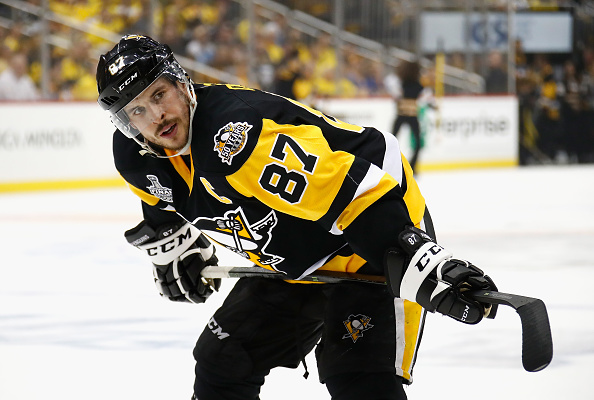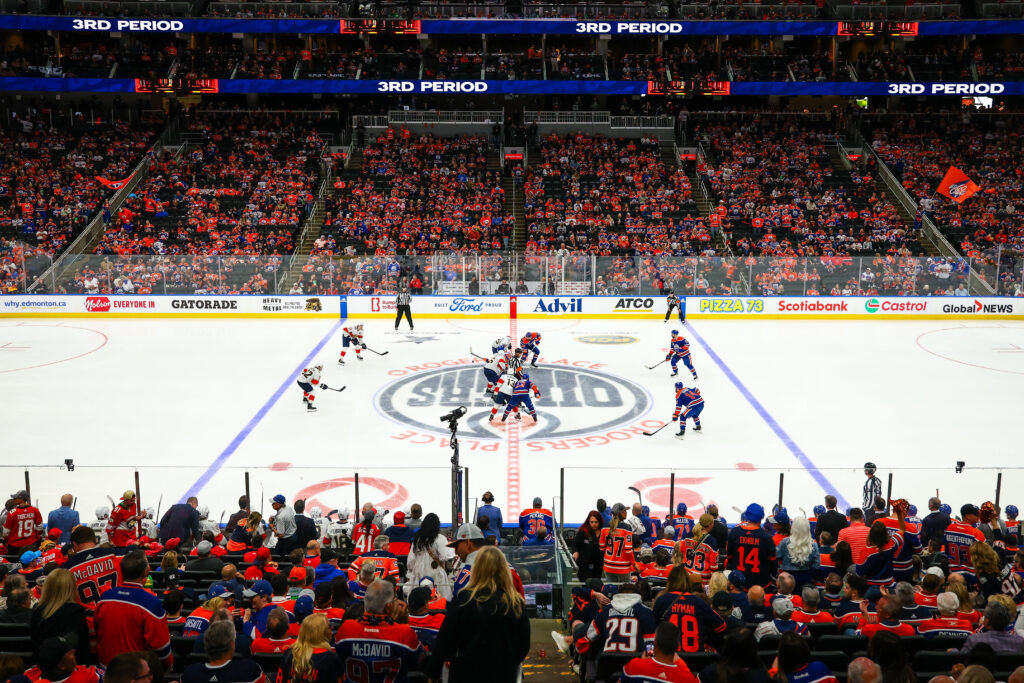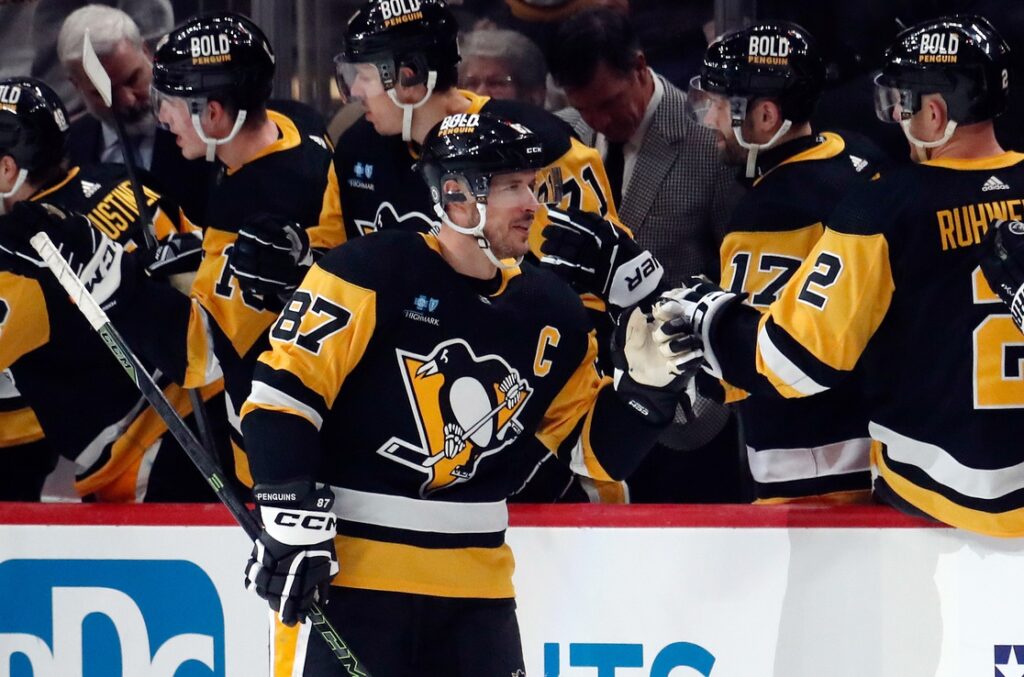Numerous accolades sit on the shelves of Pittsburgh Penguins captain, Sidney Crosby. Sid The Kid has been the most recognizable name in hockey since the torch was passed to him by former Penguin, Mario Lemieux. Still arguably the best player in the world, Crosby is currently taking part in his fourth Stanley Cup Final and their is a good chance he could become the captain of the first team since 1997-1998 to repeat as champions. The Penguins would also become the first NHL franchise to repeat as champions in the salary-cap era. Crosby is still an incredible talent but if he manages to pull of another triumph this season, is there a reason to return to NHL hockey?
3 Reasons Sidney Crosby Should Retire
1. His History of Injury
Despite Sidney’s immense talent, one of the most common images associated with Crosby are his injuries. Over Crosby’s 12-year career, he has piled up a mass of injuries; ranging from subtle to drastic.
The smaller injuries include: a sprained ankle and a Brooks Orpik slapshot to the mouth. For a lot of players, a sprained ankle and a loss of teeth could be the largest injuries they encounter their entire career. However, for Crosby those only scratch the surface.
Crosby has suffered multiple concussions throughout his career. Some very minor, some career threatening. His scariest concussions came in 2011 as a result of two separate events. First, a hit to the head from David Steckel in the 2011 Winter Classic and then a hit from Lightening defensemen, Victor Hedman. This concussion would cost Crosby the rest of his 2011 season. The Steckel hit is one of the most infamous images from Crosby’s entire NHL career. The significance of the scene shows the severity of the injury and the impact it had on Crosby’s legacy and the NHL as a whole.
Crosby missed one game in this years playoff due to another concussion and may be playing through another head injury considering his teams success. Concussions have unfortunately been a recurring theme throughout Crosby’s career and one more serious head injury would likely severely threaten Crosby’s long term health.
2. He Has Nothing Left To Win
If Crosby were to win the Stanley Cup this season, it would only add to the numerous championships he has won throughout his hockey career.
In Junior, Crosby won the Presidents Cup and QMJHL Championship as a member of the Remouski Oceanic. The Oceanic would go on to lose in the Memorial Cup Final but Crosby would finish the tournament as the leading scorer. His junior success would then continue at the international level. Due to the NHL lockout of 04-05, Crosby had a chance to play on maybe the most talented IIHF World Junior roster ever. The 2005 Canadian U-20 team bulldozed their way to a gold medal with Crosby being a key cog in the machine. Crosby was only 17 years-old at the time.
The Winning did not stop after he got to the NHL. After just three years in the NHL, Crosby would claim the NHL’s biggest team trophy in 2009. The Stanley Cup. After reaching and losing the cup final a year before, Crosby became the youngest captain in NHL history to win the Stanley Cup. He would win his second cup in 2016 and capture his first Conn Smythe Trophy as playoffs MVP.
Two years after winning the NHL’s biggest trophy for the first time, Crosby would go on to score (maybe) the biggest goals in Canadian hockey history. In the 2010 Olympics, Crosby would net the winning goal in a 3-2 win over the USA to claim hockey gold for Canada. Crosby’s goal has gone down in history as ‘the golden goal’ and is one of the greatest images in Crosby’s career and Canadian hockey lore.
Two Stanley Cups, Two Olympic Gold medals, an IIHF U20 Gold, a World Cup of hockey championship, and Crosby has no other major trophies to win.
3. He Has Proven He is the Best Player of His Generation
Until Connor McDavid entered the NHL, there were never any players who ever really challenged Crosby for ‘best player in the world’. The argument against Crosby could be made for Alexander Ovechkin, but Ovechkin’s Capitals have a bad habit of losing to the Penguins in the playoffs.
Crosby has been the picture of a player who can do everything on offence. He scores, quarterbacks a powerplay and has been debatably, the leagues best passer since he came into the league. Anyone could ask Crosby to play any role on offence, and he would execute with flying colours. Again, the trophies speak for themselves. Two times Crosby won the Maurice “Rocket” Richard Trophy and the Art Ross trophy.
Though Crosby may not be the kind of player to lay down and block a shot with his face, he does not have to be. When people look at an NHL player now a days, they look for the whole package. At first, Crosby’s 2-way game needed work but as he matured, so did his defensive game. In the final five years of Crosby’s career, he has been in the top-20 of Selke Trophy voting in each one; a very challenging feat to accomplish as a top-5 NHL scorer.
Even if there is debate over Crosby’s 2-way game, no one could deny that if you wanted to model a No.1-centreman after one player of the last 10 years, almost everyone would choose Crosby.
Conclusion
At 29, Crosby has proved to be one of the best players in the history of the game and has no reason to put his long term health in danger. A third cup would only be an added bonus to his already stellar NHL resume.
Judging by the induction of Eric Lindros into the Hockey Hall of Fame, Crosby’s short career would not factor into if he is inducted into the hall. Crosby’s numerous team and individual trophies showcase his skill, perseverance, passion and overall greatness and even despite a potential early retirement, Sid The Kid should go down as one of the top-5 forwards of all time.
Image Credit:



